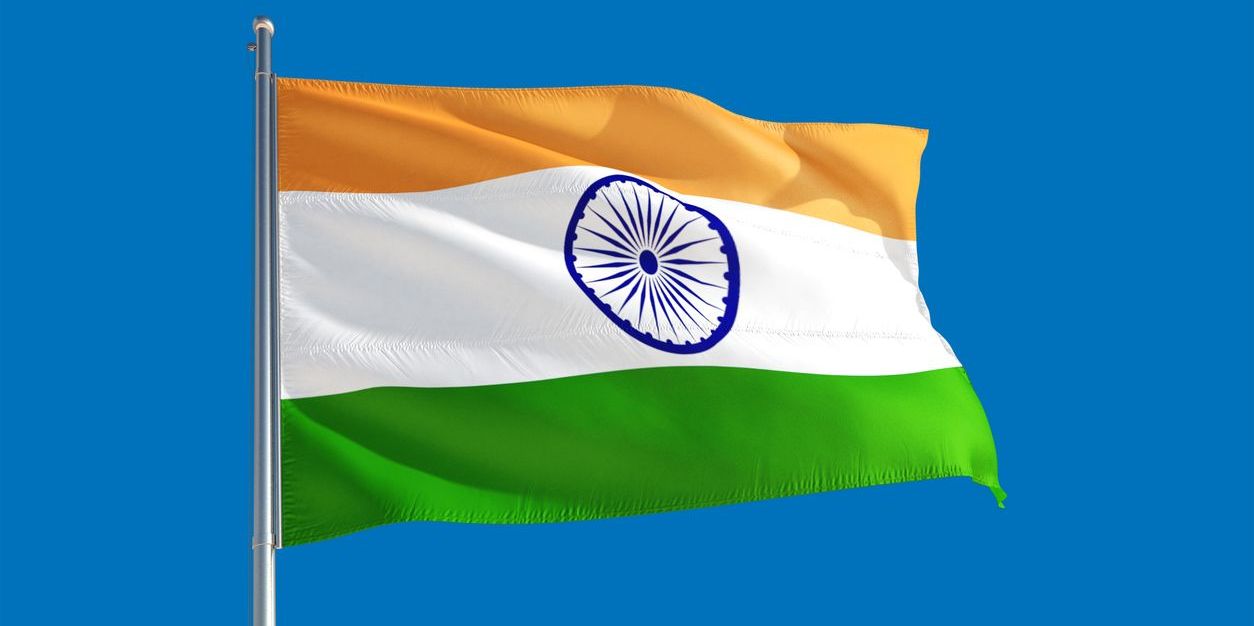2024/06/17
BJP’s Seats Sharply Decreased in India’s General Elections; Growing Commitment to Hinduism to be Cautioned

On June 4, India’s general elections with approximately 970 million voters were held. As a result, the ruling alliance, the National Democratic Alliance (NDA), won 293 seats, securing a majority. Modi, the prime minister, praised the ruling alliance’s victory for the third consecutive period as a “historic achievement,” and will attend the swearing-in ceremony on June 8. However, the number of seats that the Bharatiya Janata Party (BJP) led by Modi won has fallen to 240 seats from 303 in the 2019 elections and failed to reach its single-party majority of a minimum of 272 seats. The number of seats of the opposition alliance has jumped to 229, and the influence of minority parties on the NDA side is also increasing to address this situation. The decline in BJP’s centripetal force in national politics are inevitable.
On the other hand, India’s presence in the international society will remain firm. The population in India has already surpassed China and is ranked first in the world. It will soon overtake Germany and be the third-largest country in the world by GDP (by 2027, according to the IMF’s projections). Also, the all-round diplomacy that has been ongoing since the first prime minister, Nehru, is still obvious. In September 2022, Although Modi directly told Putin at the summit meeting that now is not a time for war, India did not join the sanctions against Russia by the US and Europe and has been expanding imports of Russian crude oil, supporting the Russian economy. In addition, India is a member of the Shanghai Cooperation Organization (SCO) while conflicting with China on the border between them. Modi was also invited by the Biden administration for a state visit to the US, and India was the host country at the G20 summit in 2023.
India’s position is a leader of the “Global South.” It acts as a leader of emerging and developing countries that are dissatisfied with the distribution of wealth and the state of the international order, stuck in the negative legacy of the colonial period. To achieve this, it is necessary to be politically “neutral” beyond the values of freedom, human rights, and democracy, and it can be said that it is the “Indian way” to thoroughly pursue its own interests by camouflaging this point.
The problem is Modi’s extreme Hindu nationalism and authoritarianism. During the period of the elections, he believed that God had chosen him, and described Muslims as “infiltrators.” The BJP’s struggle, which was expected to win a convincing victory, was mainly due to expanding inequality and rising unemployment, but there were probably not a few critical votes regarding the abandonment of the separation of church and state, which had been the national policy since India’s national independence. If nation-building based on Hindu fundamentalism is his ideal, India’s strengths, supported by diversity and non-alignment policy, will soon be lost. Confrontation and division only cause stagnation. What the leader of the Global South should pursue is the ideal of Indian independence advocated in 1947.
[Related Post]
“India Should Return to Secularism to Pass on Thought of Diversity to the Future,” This Week’s Focus, September 22, 2023
This Week’s Focus, June 7
Takashi Mizukoshi, the President